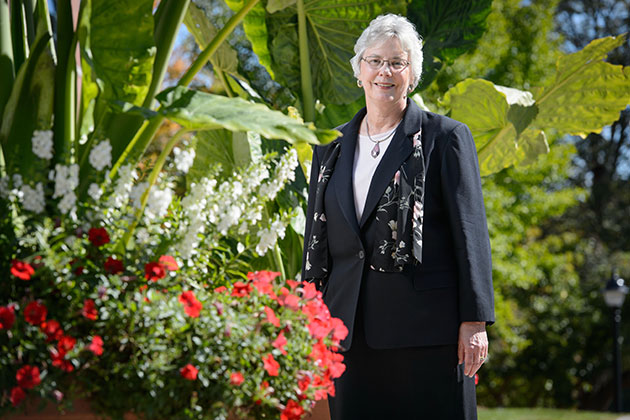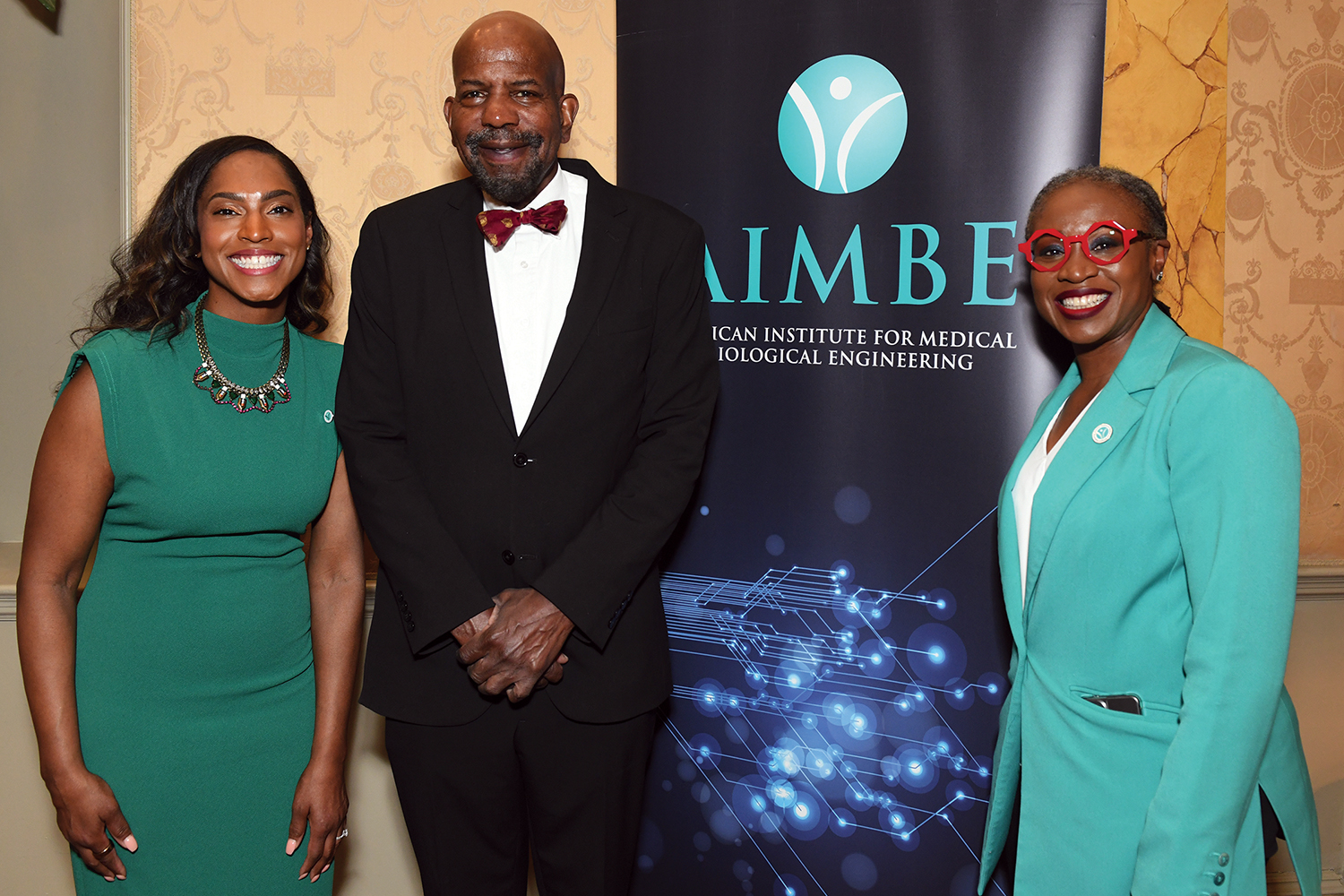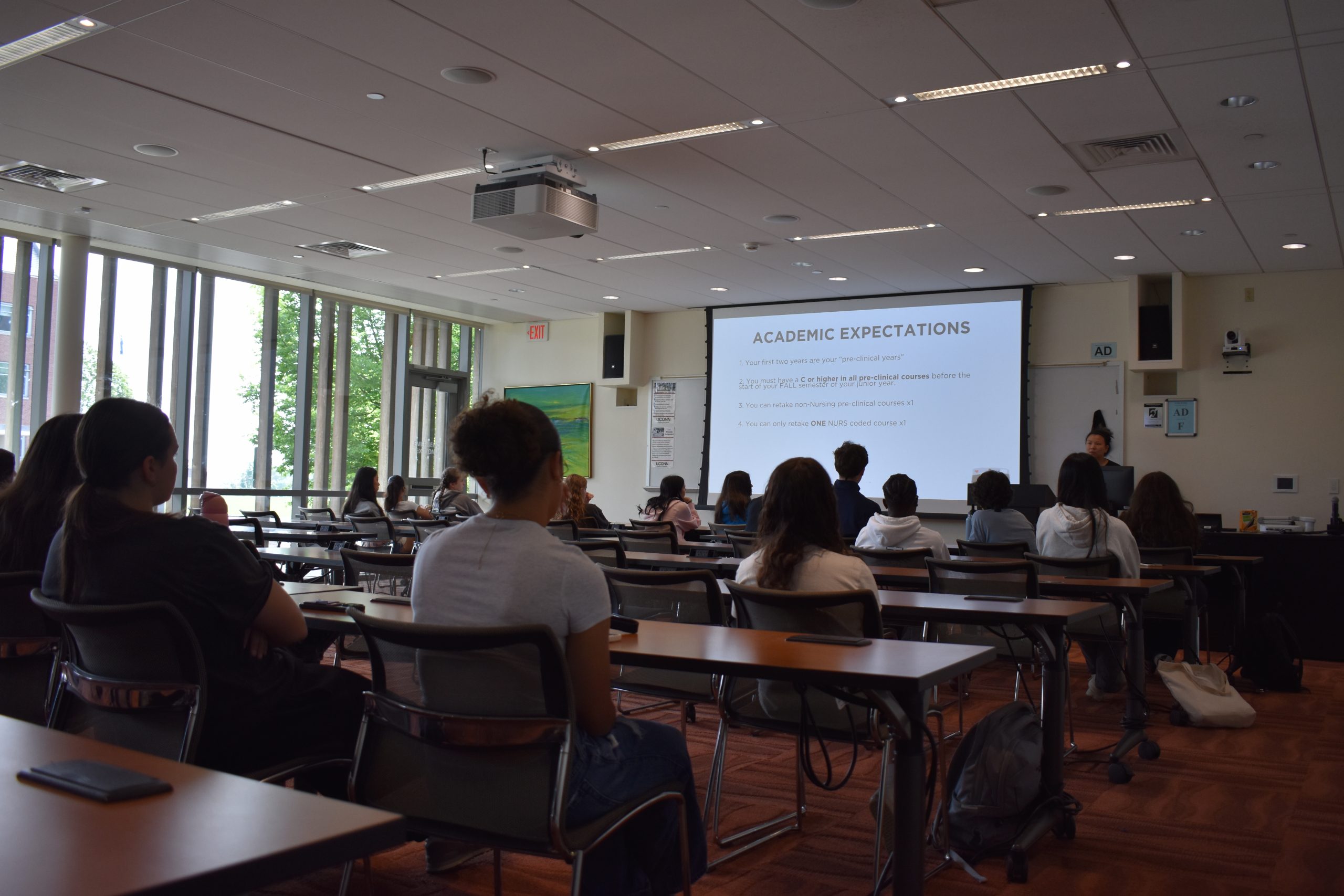
When Nancy Bull was named to the National 4-H Hall of Fame, she may have been surprised, but her friends and colleagues were not. Bull, who worked with the Cooperative Extension System for many years and has served the University in many different capacities, has a way of accomplishing much while talking about it only in the context of others. Her 4-H experience is no different. It’s a story that goes back more than 35 years.
A program of the United States Department of Agriculture, 4-H is the nation’s largest youth development organization. Founded in Ohio in 1902, it was nationalized in 1914 with the passage of the Smith-Lever Act that created the Cooperative Extension System (CES) in the nation’s land-grant universities, including UConn. 4-H is a leadership organization that fosters good citizenship while exposing its members to wide-ranging educational opportunities and healthy lifestyles. This is accomplished while learning and having fun in many different arenas, ranging from environmental and livestock projects to nutrition to robotics. 4-H reaches young people from inner-city classrooms to rural communities, and supports education in the STEM fields of science and technology, as well as communication, and the arts. Most of all, according to Bull, it’s an organization that fosters independence and creativity while supporting family values.
A learning experience
Bull’s involvement with 4-H goes back to the mid-1970s. Following graduation from the University of Cincinnati with a dual degree in home economics and teaching, she taught for a few years at both the junior high and high school levels. However, she had been introduced to CES during a ‘career’ course in college and when a position became available in her native Ohio she applied for it. This was the start of what has become a lifelong commitment.
“I was brand new to cooperative extension and came to help out at the county 4-H fair. The person in charge wasn’t impressed,” Bull says, “because I was a city girl [originally from Cincinnati] and had never been a 4-H member. But she took me by the hand and after two weeks judging exhibits and working with the kids, I eventually passed muster.
“It was literally a close encounter,” she laughs, “and that really introduced me to 4-H and gave me my first idea of just how special it is.”
A subsequent move to Connecticut to follow a career opportunity that had developed for her husband David, ultimately led her to UConn. She was hired to teach textiles in the School of Family Studies.
It wasn’t long, however, before an opening occurred in the College of Agriculture and Natural Resources. Bull, who had earned her doctorate in agricultural and extension education from The Ohio State University, became a professor in the Department of Extension. She also served as the associate director for the Connecticut Cooperative Extension System and associate dean of College of Agriculture and Natural Resources from 1995 to 2008. In 2008, she was tapped to become vice provost for academic affairs, and has since served in two other administrative posts, but she didn’t let a career change interfere with her support of 4-H.
More than just numbers
In her letter nominating Bull to the Hall of Fame, Bonnie Burr, assistant director of cooperative extension systems, called Bull a visionary leader. She noted that Bull had served for nine years as chair of the New England 4-H Council, and had created the 4-H Centennial Fund at UConn, which provides critical support for thousands of youth participating in national 4-H programs and statewide events. She also mentioned that Bull and her husband have made a generous planned gift through the UConn Foundation and are members of the Founders Society and the Charles Lewis Beech Society, as part of their commitment to the College of Agriculture and Natural Resources and the Cooperative Extension System.
“Dr. Bull has always supported cutting-edge Extension programming,” Burr said, “and has designated funding to go towards the Cooperative Extension System Innovation Programming Fund and the 4-H Centennial Fund.”
But, Burr adds, “There’s so much more to Nancy’s commitment than what’s on paper. She’s the kind of person who really ‘gets it’ when it comes to young people. She’s devoted to the organization because she knows that, statewide, over 17,000 young people a year are positively affected by what they’ve experienced as 4-H members. She’s great at recruiting people to the 4-H mission and getting them to roll up their sleeves as volunteers … and you don’t even realize you’ve been recruited until you’ve done the job … and by then you’re hooked!”
At the induction ceremony in Chevy Chase, Md. on Oct. 11, Bull becomes only the third individual from Connecticut to be honored with membership in the Hall of Fame. Characteristically she says, “I am truly humbled by this honor. But it’s not about me. No one does this alone. 4-H is all about the volunteers who give endlessly of their time, talents, financial resources … and it’s truly about all the youth who participate. It’s one big family and I’m proud to be a part of it.”


